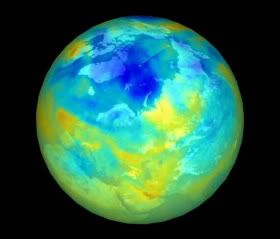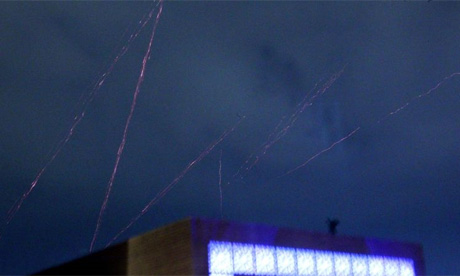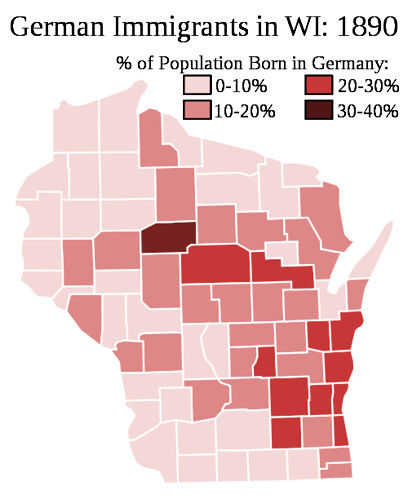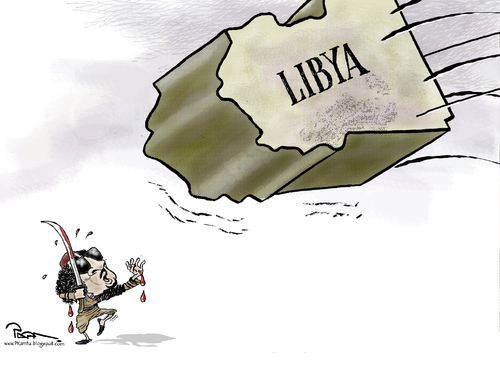
(This diary is written by an American expat living in the European Union who is a male business librarian who holds a graduate library degree (MLS) and a Master’s degree in business administration in marketing).
This diary written in support of library funding discusses the GOP led class warfare full throated assault on library funding, because they’ve decided that libraries are the last truly fully socialized government institution in America.
Book burnings couldn’t destroy the library, nor could banning books, nor could the ignorance or superstition of the Dark Ages or the branding iron of the inquisition calling certain texts heretical. Libraries have withstood the test of time and great historical disasters, such as the burning of the great library of Alexandria. All cultures even in antiquity value the libraries. Imagine the great libraries and ancient scrolls of Egypt. Let’s also remember the revolution of the Gutenberg printing press, removing economic barriers in creating affordable books. Libraries are where Western and Eastern philosophy have met seamlessly. But now libraries face the greatest threat in all history. It’s not the Internet, nor is it any of the things I’ve listed. It’s you not standing up to the for-profit motive in fee for service librarianship, which constitutes a de facto form of economic censorship, that threatens yet once again to render the masses functionally illiterate by creating a class of information haves and a class of information have nots, by de facto undoing the revolutionary work of the Gutenberg presses, which removed economic barriers to information for the masses.
Let’s consider the fact that some controversial studies have revealed that the majority of the 6 billion people on the planet are barely literate or functionally illiterate. Let’s consider that the hi-tech US military has most of its manuals written at the 9th grade reading level. Let’s consider that social scientists through voluminous studies have formed a strong nexus between crime and low literacy rates, and that in America as we have 2 million people incarcerated, that we have incarcerated nearly more people than exist in the military. Can we really afford this type of staggering loss of human potential? Can we really afford to stand by and watch the end of library public funding grow ever closer and for most people to continue to do nothing!





 s the crisis at the Fukushima Daiichi nuclear plant recedes from mainstream media coverage the situation is presumed to be stabilising, largely because TEPCO and the Japanese government have confined themselves to positive news regarding cooling operations and the restoration of mains electricity power to the site.
s the crisis at the Fukushima Daiichi nuclear plant recedes from mainstream media coverage the situation is presumed to be stabilising, largely because TEPCO and the Japanese government have confined themselves to positive news regarding cooling operations and the restoration of mains electricity power to the site.

